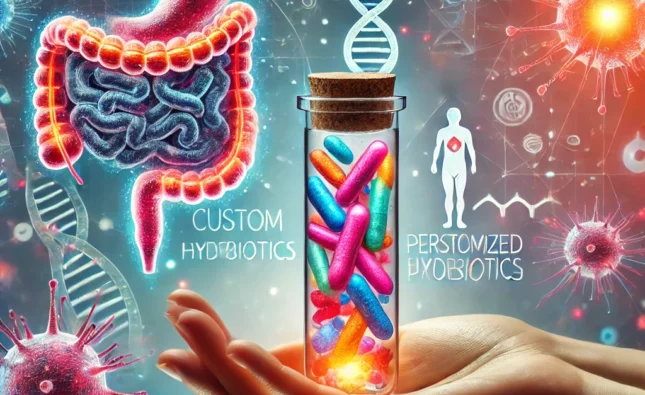
In an age of instant gratification, the digital world has become an integral part of our daily lives, affecting everything from work to entertainment to personal relationships One of the most troubling consequences is mental health and wellbeing CAN BE HARMFUL Although it’s easy to dismiss this trend as harmless, its broader impact on individuals, particularly in terms of emotional and mental health, deserves attention.
According to phapademic
“Fapdemic” refers to a growing number of people caught up in an over-reliance on pornography and other blatant online content The word is “fap,” a slang term for stand-up exists for sex, and “epidemic,” which refers to a widespread pattern of behavior. While not everyone indulges in these behaviors to the point of distress, a significant number of individuals struggle with compulsive behaviors, often to the detriment of their mental health
Access to transparent information is easier than ever thanks to the availability of high-speed internet and anonymous online spaces. This has led to an increase in overdose, sometimes to the point of addiction. What begins as casual exploration for many can quickly turn into a daily habit, turning into escapism and unhealthy emotional withdrawal.
The relationship between Internet behavior and mental health
There is growing evidence that exposure to explicit information online can have a significant impact on mental health. Here are some ways it manifests itself.
Isolation and loneliness:
Consumption of pornography or similar substances is often a solitary occupation. Over time, this behavior can lead to isolation. People who spend long hours online may withdraw from real life relationships and find it difficult to connect emotionally. This can increase feelings of loneliness and depression.
Dopamine hyperactivity and sensitization:
Internet porn stimulates the release of the brain’s “reward” chemical dopamine. Frequent use can numb the brain, requiring more stimulation to have the same effect. This can lead to feelings of numbness and difficulty deriving pleasure from daily activities, a condition known as anedonia.
Negative body image and unrealistic expectations:
Continued access to stereotyped or exaggerated sexual images online can distort perceptions of intimacy and body image . . . . This can lead to feelings of inadequacy or insecurity in one’s relationships, which can lead to anxiety and even depression.
Escape and avoidance:
Many people turn to explicit information as a way to cope with stress, anxiety, or emotional pain. While it can provide temporary relief, this escape route can prevent people from dealing with the emotional issues that unfold. Over time, unresolved mental health struggles can worsen, making it harder to break these habits.
Open fracture: steps to recovery
Escaping the fapdemic and regaining control of your online habits takes mindfulness, insight, and hard work. Here are some resources that can help individuals regain control and improve their mental health:
Accept the problem:
The first step is to recognize the negative impact these habits have on your life. It’s important to be honest with yourself about the ways in which stressful behaviors are impacting your mental health and your relationships.
Set boundaries:
Having a healthy relationship with technology requires setting boundaries. This could include apps that control screen time, limiting access to explicit websites, or scheduling non-tech time throughout the day. Reducing interference reduces tension and allows time for a more thorough process.
Substituting harmful behaviors:
Substituting destructive behaviors for healthy online activities—such as exercise, creative hobbies, or socializing—can help divert attention away from harmful activities in particular Exercise improves mood and reduces stress It is known that.
Seek professional help:
In some cases, eliminating domineering behaviors requires professional support. Therapists who specialize in addiction or behavioral treatment can provide guidance, tools, and coping strategies to help individuals overcome these patterns.
Practice mindfulness and compassion:
Mindfulness techniques can help a person become more aware of motivation and motivation without judgment. Compassion is equally important because beating yourself up for these behaviors can lead to mental breakdown. Instead, it is important to deal with the situation with understanding and patience.
Long-term perspectives on mental health
Eliminating compulsive online behavior isn’t just about curbing behaviors; it’s about addressing the root cause of its origin. Often, people turn to online refuges because of underlying emotional struggles such as stress, loneliness, intractability or trauma. Long-term recovery depends on reestablishing emotional connections with self and others in order to develop healthy coping strategies.
Therapy, support groups, and a strong social network can help individuals on their recovery journey. The key is to understand that escaping the fapdemic is not just about giving up a few online habits but about living a balanced, meaningful and emotionally satisfying life.
Conclusion
Fapdemic is a hushed topic in today’s hyper-connected world, but its impact on mental health is profound. Understanding the relationship between compulsive online behaviors and psychological well-being is important for individuals to decompress and regain control over their lives. With the right knowledge, boundaries, and support, they can escape the cycle of addiction and live more emotionally fulfilled and mentally healthy lives.













